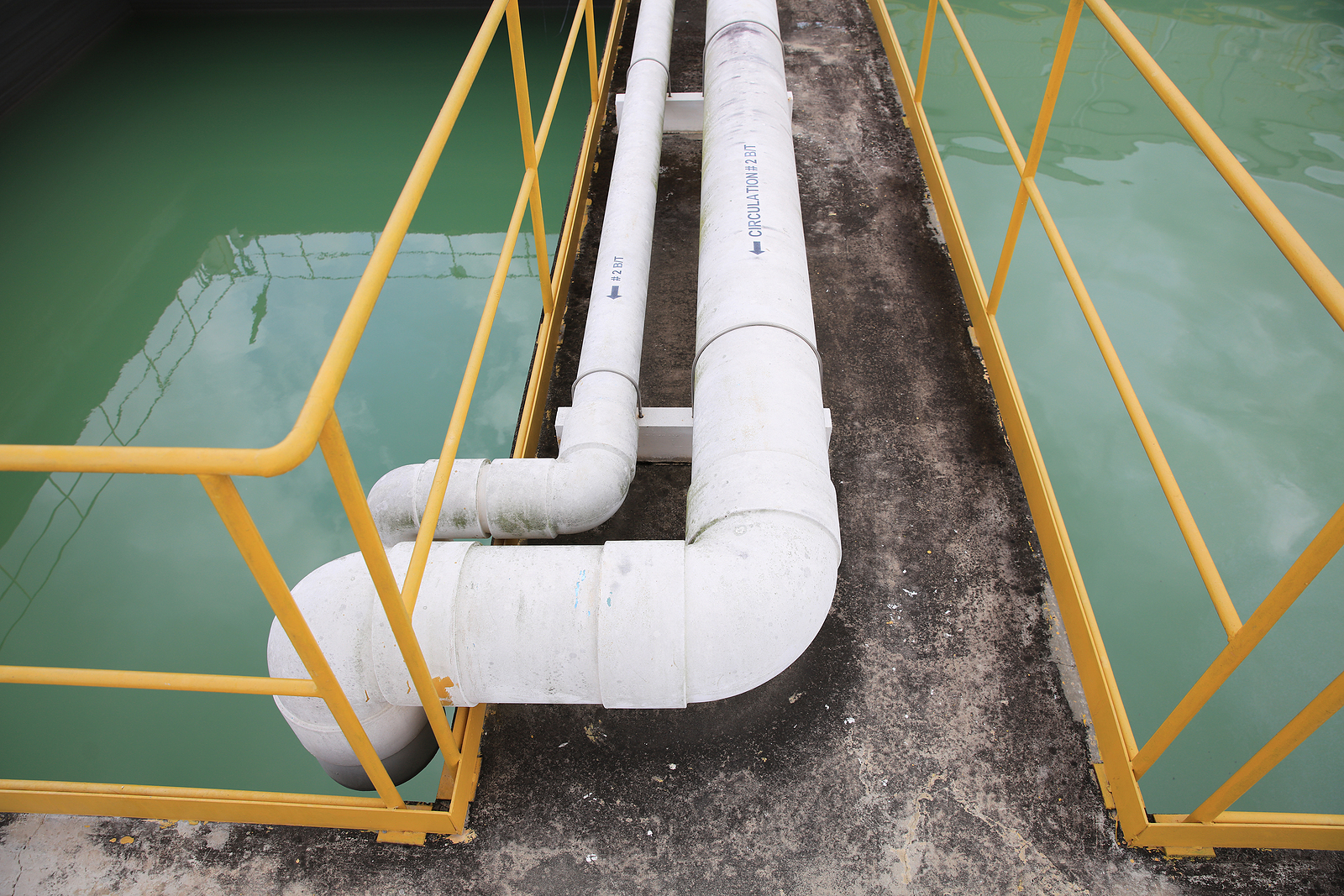Certification Requirement of City Water and Wastewater Operators
Code of Iowa Section 455B.223 states that it is unlawful for any “firm, corporation, municipal corporation, or other governmental subdivision or agency” to operate a water treatment plant, water distribution system or wastewater treatment plant unless the operator’s competency has been certified by the director of the Iowa Department of Natural Resources (IDNR). Further, it is a simple misdemeanor to violate any of the laws or rules that govern water and wastewater certification and operation.
Water and Wastewater Operator Certification Grade
As detailed in Code of Iowa Chapter 455B, the Iowa Department of Natural Resources administers the certification program for the state’s water treatment, water distribution and wastewater system operators. The IDNR, through additional regulations found in the Iowa Administrative Code 567-81, has established certification grades for operators for each type of system.
Water treatment plant grades are based primarily on the amount of average daily pumpage and the various types of treatments that may be part of the system, such as iron removal, fluoridation or filtration. Grades for water distribution systems are also classified by average daily pumpage while wastewater treatment facilities are broken down by pounds of biochemicals per day, population served and five different treatment types. Please note that each classification system includes multiple grades for water treatment, water distribution and wastewater plants depending on the size of the facility and treatments included. A full description of these classifications and associated certification grade is available on the IDNR’sWater/Wastewater Operator Certification Program page.
Operator Eligibility Requirements
The administrative code details the minimum requirements for applicants to be eligible to take a certification exam. The table below lists the eligibility requirements for the different certification grades:
| Grade | Education | Operating Experience |
| A | High school diploma or GED | IDNR approved training course |
| I | High school diploma or GED | 1 year |
| II | High school diploma or GED | 3 years |
| III | 2 years post-high school education | 4 years |
| IV | 4 years post-high school education | 4 years, including 2 years direct responsible charge at Grade III |
There are numerous substitutes and equivalents for the education and experience requirements allowed under the administrative rules. Related work experience for lab, maintenance and oversight personnel may be used toward meeting operating experience requirements. Certified operators can also use work experience in one type of system, such as water treatment, for gaining eligibility for certification in another system, such as water distribution.
The administrative rules also allow work experience to substitute for some of the education requirements. Generally, one year of operating at Grades II, III and IV may be substituted for a portion of one year of the post-high school education requirements. Similarly, education achievements can be substituted for operating experience requirements, with each grade of certification allowing various amounts of class hours and continuing education units to count toward experience (please see the IDNR Web site for the full list of substitutes and equivalents).
Applicants can also receive certification through reciprocity if they have been certified by other states. The IDNR will review such applicants to determine whether previous certification testing as well as education and experience completed in another state is generally equivalent to the Iowa standards.
Examination and Certification Fees
The table below shows the fees that have been established by the IDNR for the different exams and certifications:
| Fee Type for All Grades | Amount |
| Examination | $30 |
| Certification Reciprocity Application | $30 |
| Certification Fee | $80 |
| Certification Renewal Fee | $60 |
| Penalty Fee | $18 |
| Duplicate Certificate Fee | $20 |
| Temporary Certificate Fee | $60 |
All certifications run on a two-year cycle and end on June 30 of odd-numbered years. Certification fees are pro-rated throughout the two year period with each half-year equaling $20. Renewal notices are sent to operators in May of odd-numbered years, outlining the process to qualify for renewal. Applications for renewal must be completed and returned with the appropriate fee, within 60 days of the expiration date.
Continuing Education Requirements
Certified water and wastewater operators are required to earn continuing education units (CEUs) to maintain certification. CEUs must be earned in the two year certificate period by March 31 of odd-numbered years. For certification grades A, I and II, operators must earn one CEU or 10 credit hours. Grades III and IV require operators to attain two CEUs or 20 credit hours. The IDNR provides CEU reporting forms to help operators track training hours and use during the renewal process. The IDNR also keeps a list of approved topics and courses that can be used for CEUs.
Certification Training and Classes
Training classes are available at various locations around the state and throughout the year. Several of the state’s community colleges are frequently used for classes in addition to facilities at related organizations, such as the Iowa Municipal Utilities Association and the Iowa Rural Water Association. The IDNR maintains a training calendar as well as resources for certification exam preparation.






